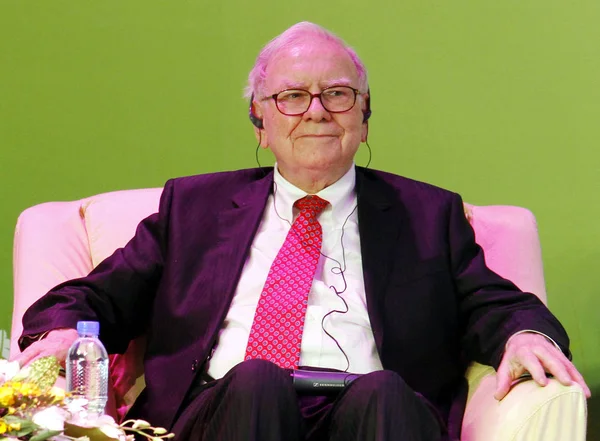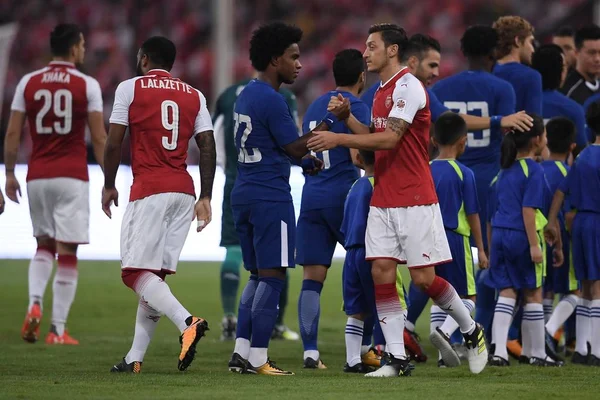Rubio’s Tightrope: Serving Trump and Surviving the Storm

Donald Trump’s recent shakeup of his foreign policy team — replacing National Security Adviser Mike Waltz with Secretary of State Marco Rubio — has only deepened the uncertainty that has characterized U.S. diplomacy in recent months. As Trump doubles down on a volatile and unorthodox approach to global affairs, the burden now falls on Rubio to execute an agenda few fully understand and even fewer control.
This dramatic reshuffle comes amid a host of unresolved international crises. Trump’s trade conflict with China is harming the U.S. economy, peace efforts in Ukraine remain stalled, and America’s global influence continues to diminish as the president undermines alliances and cuts aid. Rubio inherits a fragile landscape — but his most difficult challenge may not lie abroad, but in managing the man who appointed him.
Trump, whose governing style defies predictability, has made himself the central force in U.S. foreign policy. Traditional diplomatic strategies have been replaced by erratic declarations and personal instincts. The president has shown more affinity for autocrats than allies and routinely treats global negotiations like business deals — evidenced by his assigning real estate developer Steve Witkoff to lead talks on Iran, Ukraine, and the Middle East.
This unpredictable posture is not accidental. Trump’s supporters, believing the world has exploited America for decades, applaud the chaos as a means to upend old systems. Treasury Secretary Scott Bessent even described it as “strategic uncertainty,” a negotiation tactic designed to keep adversaries guessing — though critics simply call it disorganized and dangerous.
For Rubio, the instability means that any progress he achieves could be erased overnight. Trump’s subordinates have long operated under the constant threat of reversal or dismissal, a pattern that has turned high-ranking officials into expendable figures. Rubio’s dual role, once held only by Henry Kissinger, now represents both opportunity and enormous risk under an impulsive president.
Despite the tension, Rubio has thus far managed to stay in Trump’s good graces by faithfully echoing his talking points. He has publicly endorsed Trump’s “America First” foreign policy, contrasting it with previous administrations’ globalist tendencies. “We’re now asking: Does it make America stronger, safer, richer?” Rubio proclaimed at a recent cabinet meeting, showing alignment with the president’s nationalist messaging.
However, abroad, this loyalty creates complications. On a diplomatic trip to Canada, Rubio was forced to address Trump’s bizarre suggestion that Canada become America’s 51st state. Rather than reject the idea outright, Rubio dodged and diplomatically framed it as a disagreement between nations — an evasion that signaled his unwillingness to contradict Trump, no matter how far-fetched the scenario.
Many of Rubio’s former allies view his transformation with disappointment. Once a symbol of the GOP’s future — a young, charismatic senator with immigrant roots and conservative ideals — Rubio now appears to have sacrificed principle for power. From backing hardline immigration stances to defending controversial actions like detaining pro-Palestinian protesters, Rubio has played a key role in expanding Trump’s executive authority.
His unwavering loyalty, including defying court rulings and asserting presidential dominance over foreign policy, seems to have secured Trump’s trust — for now. But as those who’ve served in Trump’s orbit know, favor is fleeting. Rubio’s real task may not be navigating global diplomacy, but ensuring he never becomes the latest casualty of a president whose loyalty is as erratic as his policies.
What's Your Reaction?
















:format(webp)/cdn.vox-cdn.com/uploads/chorus_image/image/70136881/1347078605.0.jpg)





